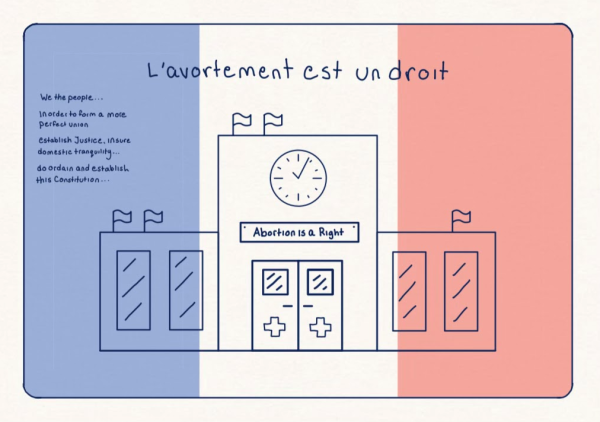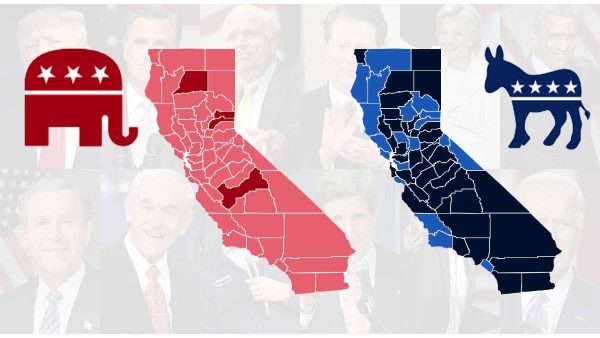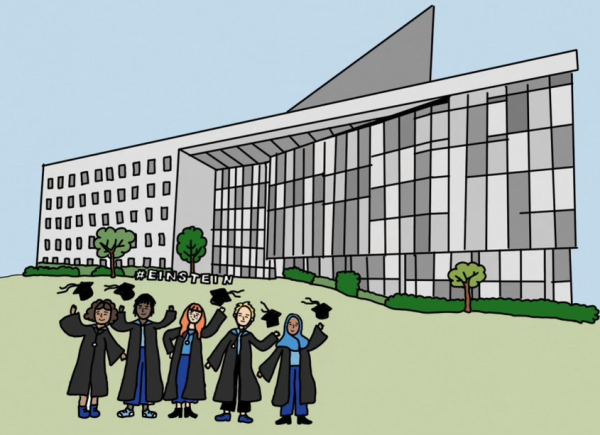University of California Teams With Bill Gates’ Clean Energy Union
On Sunday, Nov. 29, the University of California (UC) joined the Clean Energy Technology Coalition, led by Bill Gates, to invest in research and development to find solutions for climate change. The $1 billion fund that Gates provided is for the next five years toward the examination of the carbon emissions in the air. The goal is to invest in projects and ideas that might be the answer to deliver carbon-free power and launch them in the markets as soon as possible. There are other billionaire coalition member investors who donate to the alliance whenever needed. The members come from all around the world, including Jeff Bezos, founder of Amazon and Reid Hoffman, founder of LinkedIn.
“The Gates money is a drop in a bucket compared to the size of the problem, but Melinda and Bill Gates represent the kind of non governmental, entrepreneurial, philanthropy that can inspire and challenge other mega-rich types,” CHS teacher Richard O’Neill said.
Climate change is a long-term revision in Earth’s climate, especially a change due to an increase in the average atmospheric temperature. The Earth’s climate has changed rapidly throughout history. Just in the past 650,000 years, there have been seven cycles of glacial advance. Most of these climate changes have to do with the small variations in the Earth’s orbit that change the amount of solar energy the planet receives. The evidence for rapid climate change is told in the increase of temperature, rise of sea level, and declining arctic sea ice.
On Monday, one day after UC announced joining the alliance, Gates was joined in a three-way call by Janet Napolitano, president of the UC system and Jagdeep Singh Bachher, chief investment officer of the regents. The whole point
of the call was to review the climate situation and debate on certain solutions.
According to UC researchers, there are a few solutions to choose from in order to slow global warming, so they are coming up with as many ideas as possible. The first is to reduce short-lived climate pollutants, including methane and black carbon, which are powerful greenhouse gases. Another is telling people to reduce the use of technology they have now and replace them with solar and wind powered devices to drive electric light-duty vehicles and use energy efficient devices. Also, another idea they have is to reduce emissions from the wealthiest 1 billion people, who contribute roughly 60% of the climate pollution and power the poorest three billion people with green energy. Climate change is affecting human health right now. Burning fossil fuels causes air pollution and climatic events that cause human illnesses, death, as well as significant loss
of food crops and water.
The team will focus on searching for companies that have a chance of a successful energy business and provides everyone with affordable and reliable energy. They will form a network of private capital willing to build a structure that will take notice of any decisions to help upgrade the options for a better energy future.
UC officials say global warming could be slowed dramatically by reducing greenhouse gases, such as methane emissions by 50% and black carbon by 90% over the next 50 years. Without major new cuts in carbon emissions, the estimated global cost of flooding in cities will be approximately $1 trillion in 2050. This is partially why the UC and coalition members have joined the Clean Energy Technology Coalition: to find large-scale carbon-free energy solutions for early-stage investments. Doing all they can to think of new ideas for the alliance to become successful and prevent climate change, the university system is on track so far to meet its goal of becoming carbon neutral by 2025.
Hello there! Our goal is to provide relavent, engaging journalism for readers of all ages. Your donation will support the student journalists of the Wolfpacket at Claremont High School, and will allow us to purchase equipment, print our monthly issues, and enter in journalism competitions. We appreciate your consideration!














